An Interview with a Classical Christian Educator: Part 2
This is a continuation of my interview with Brandy, author of Half-a-Hundred Acre Wood. If you missed yesterday’s post (Part I) be sure to go back and read her description of classical education and the weekly educational community they participate in, Classical Conversations. The second part of this interview focuses a bit more on their day-to-day homeschool style.
I often ask others if they have a particular style of homeschooling. How would you answer that?
We are classical educators, but because our children are only in the grammar stage for most subjects, it means we are simply memorizing facts and vocabulary so that we can transition easily into logical debate in middle school. But the other part of classical education is the interrelatedness of all subjects. We love nature studies and unit studies and lapbooking and hands-on history & science projects. Although math is taught more traditionally in our home, we enjoy picture books and games and everyday math problems (like building birdhouses) that reinforce the math concepts. We love to study all subjects through “living books” (aka, great literature, which includes everything from Newbery Award literature to comic books), which gives us the opportunity to wrestle with ideas as we come across math, science, geography, and history as we read books that are just… hard to put down!
Aside CC do you use other curriculum? What curriculum/books do you recommend most often to fellow homeschoolers?
For the Foundations program, parents need a separate math program through sixth grade, and a separate reading/phonics & language arts until students enter the Essentials program (usually in fourth grade). When my children enter Challenge, we will likely just stick to Classical Conversations because it encompasses all the subjects (and I will likely struggle with learning Latin myself…)
My favorite curriculum choices are:
- For Math, Life of Fred and Christian Light Education
- For Science, Classical Science Series by Scott McQuerry
- For Handwriting, Handwriting without Tears
- For Phonics, All About Reading
- For Character training, We Choose Virtues
- For American History, Homeschool in the Woods Project Packs
- And I correlate our Classical Conversations with free on-line resources I find.
What did you do for school yesterday? Do most of your days look like that?
On a utopian day, our schedule looks like this:
- Bible
- Math
- Handwriting
- Spelling, Reading/Phonics
- Language Arts & Writing
- Current Memory Work & Geography Maps
- Memory Work Review
Monday: History, Timeline
Tuesday: Math, Latin
Wednesday: Timeline, English Grammar
Thursday: Geography, Latin & Bible
Friday: Timeline, Science
- History or Science Projects (alternating days)
- Computer Time – Educational programs like Dancemat Typing, Sheppard Software, Your Child Learns, Starfall, Seterra Geography, Big Brainz or Bookworm Adventures.
We don’t always stick to the schedule. Matter of fact, our schedule has changed several times over the course of three years. We’ve had to adapt because of… life.
Do you homeschool set hours/days?
Learning has become a lifestyle for us, not just a school day. While we do most of our core subjects between the hours of 9AM and 2PM, we sometimes do our science experiments at 8pm, complete our history projects on the weekends, enjoy nature studies whenever the weather is nice outside, and we listen to audiobooks and read books together almost every evening. Our moments of discovery happen at all times, and I’m thankful for the flexibility that allows us to maximize our learning opportunities.
Where do you do most of your homeschooling? Do you have a specific homeschooling room?
Our time is split up between our schoolroom (aka, The Learnin’ Loft) and the kitchen table. Occasionally you’ll find us doing our lessons on the playground.
How does homeschooling work in your family?
I’m the main homeschooling parent, though my husband sometimes “subs” for me when he’s home. In reality, he plays a much bigger part than what anyone else sees, including our children. I’m always bouncing ideas off of him, even when he’s across the world at work in Africa. He is an integral part to our homeschool, (and does a great job as principal of our homeschool), but, best of all, he’s my biggest fan. (I wish every homeschool parent had a spouse as great as mine.)
Do you school year round or do you follow your local public school schedule?
One of the biggest advantages to homeschooling is being able to take time off when needed, like the day after my husband returns from Tanzania and wants to spend time with the boys. Avoiding crowds when we go on vacation is a big plus to homeschooling year-round – I love off-season prices, off-season crowds, and off-season lines.
We usually “end” the school year in May (at which point the boys “graduate” to the next grade level). And our summer school looks a bit different than our “regular” school. My children love learning for the most part, so it’s just a continuation of our activities, games, or nature studies. (It also makes it easier to start school in the fall if the boys and I have not had weeks of brain inactivity.)
How do you manage the school/house/work/kids’ activities/meal balance?
Sometimes (like right now) my house looks like it was ransacked by some really sloppy burglars. Meal planning is NOT my specialty (imagine cooking gourmet meals when your critics are all under the age of 10). Mt. Washmore looms, mainly because I don’t like doing laundry AT ALL.
Because my husband is not home for a month at a time, we can continue our projects well into the evening if needed. We don’t watch much TV (only after 6 PM on school nights; we don’t even subscribe to network television), which requires that we have something else to do (like make brain hemisphere hats?). And we usually limit each child to one sports activity at a time.
What are your homeschooling plans for the future? Will you homeschool straight through high school?
CC’s vision is for what a person will be capable of at graduation. If I give up before then, I will have missed the whole purpose of educating our children classically. Lord willing, I want to take them through the whole thing. I want to discover the world with them and instill in them a passion for becoming a life-long learner. And then I want to be my sons’ biggest cheerleader with whatever educational and career choices they make when they spread their wings and fly.
“For the tools of learning are the same, in any and every subject; and the person who knows how to use them will, at any age, get the mastery of a new subject in half the time and with a quarter of the effort expended by the person who has not the tools at his command.”
Dorothy Sayers, “The Lost Tools of Learning”
Tell us about your most favorite homeschool project/activity/memory?
There are so many –our timelines, the Neuschwanstein Castle, brain hemisphere hats, building “America City” out of paper toys and boxes, our wasp nature study, my oldest son’s invention book…
But this year we were learning about tough concepts – the Theory of Evolution, Uniformitarianism, Catastrophism, and Natural Selection. We faced several months of wrestling with deep theological questions (yes, for an 8-year-old), contemplating the very purpose of life and why there’s so much brokenness in the world, and talking about our doubts and struggles with faith. So, when my quite analytical son came up to me and said he wanted to accept Jesus as his savior – THAT was my favorite memory of all.
How has your homeschooling changed since you first began?
When I first started homeschooling, I wanted to just get through the workbooks:
Here’s the math worksheet – okay it’s done. Here’s the phonics worksheet – okay it’s done. Here’s the language arts worksheets – okay, their done. Now let’s read some books.
And that was it.
Our first semester with CC, I just tacked the memory work on top of our language arts and math curriculum and didn’t worry about expounding on anything. Now we incorporate even Fine Arts study, and at-home science experiments, and paper toy models related to our history sentences. It was a gradual shift after that first year, but now it’s completely morphed into a whole new creature.
If you want to learn more about Classical Education and Classical Conversations, Brandy suggests that you visit the following websites:
- Foundations Flier
- Essentials Flier
- Challenge Flier
- Echo in Celebration by Leigh Bortins
- Dorothy Sayers’s “The Lost Tools of Learning”
Thank you so much, Brandy. It has been a pleasure talking with you!
Be sure to visit Brandy’s blog, Half-a-Hundred Acre Wood. I loved reading her most recent post where she talked about what her plans for the year were and what the reality turned out to be. I can definitely relate!
You might be interested in our other Homeschool Interviews and Guest Posts:
- An Interview with A Homeschooling Dad
- An Interview with a Christian Classical Educator (Part 1) and (Part 2)
- An Interview with a Montessori Homeschooler
- Homeschooling Through a Virtual School
- Homeschooling in Australia
- An Interview with Erica of Confessions of a Homeschooler
- Interview with a Radical Unschooling Family
- Guest Post: Working Outside the Home, Homeschooling Mom – A guest post by one of my very best friends! 🙂
- 11 Year Old Shares Her Thoughts on Homeschooling – The daughter of my friend (above) wrote this!
- Guest Post by My Homeschooling Sister: Intensity in Learning
- Homeschooling Through Spousal Deployment, a Destructive Flood and More (Another post featuring my sister’s homeschool journy. They lost their house during flooding in Nashville 5 years ago.) and Part 2 of that post–Homeschooling Through High School (My sister’s kids are Older than Mine!)
- Homeschooling Through the Teenage Years: Video by Susan Wise Bauer
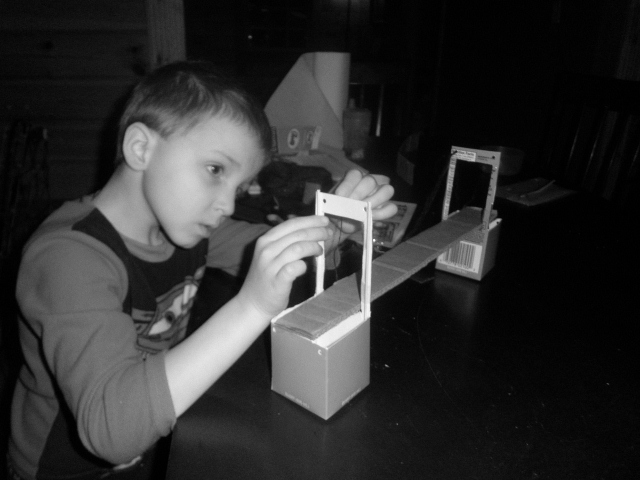
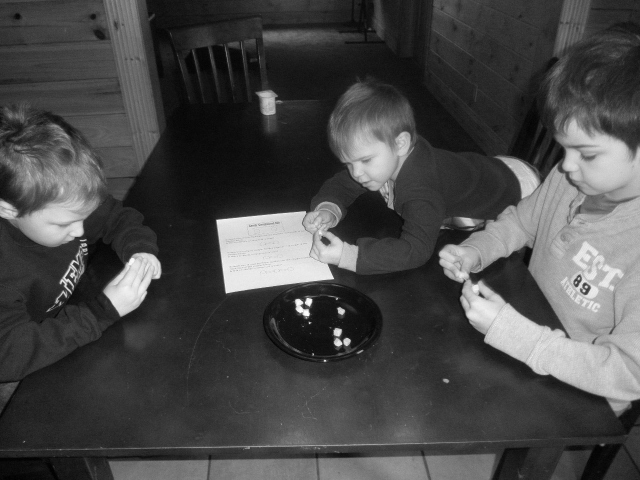
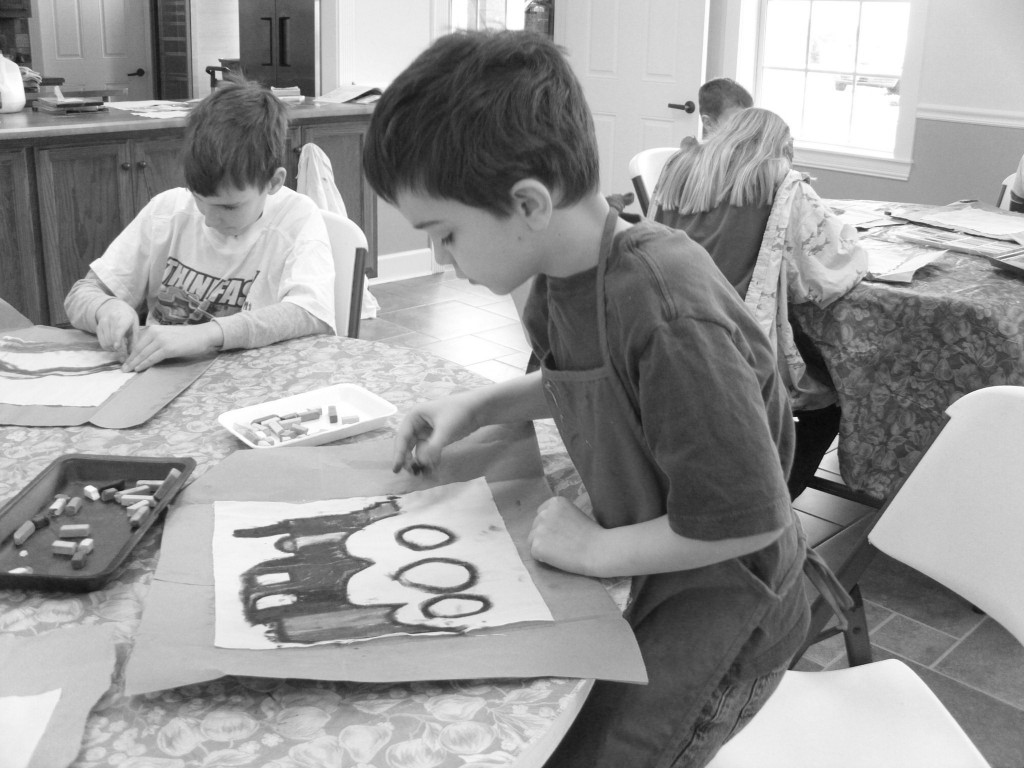
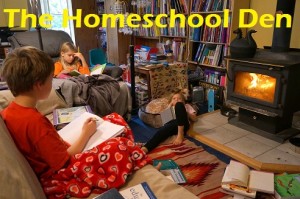
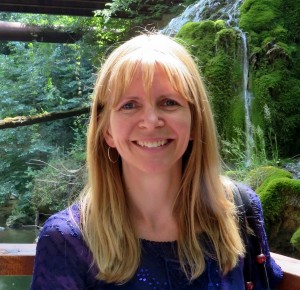

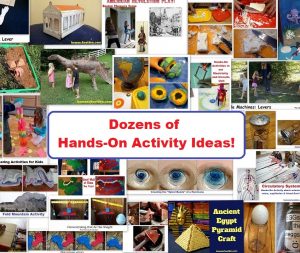


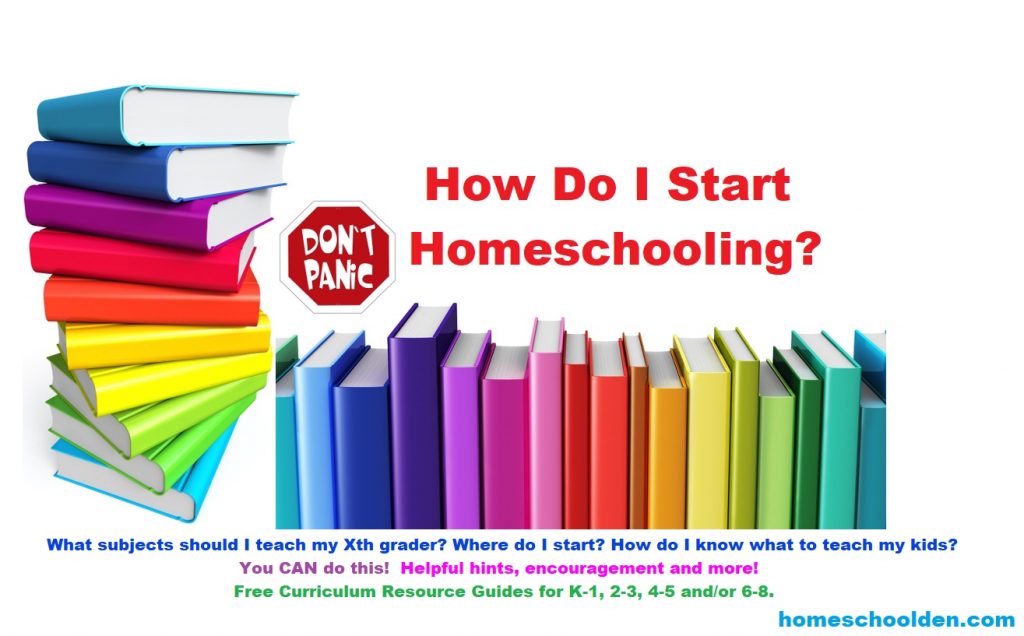
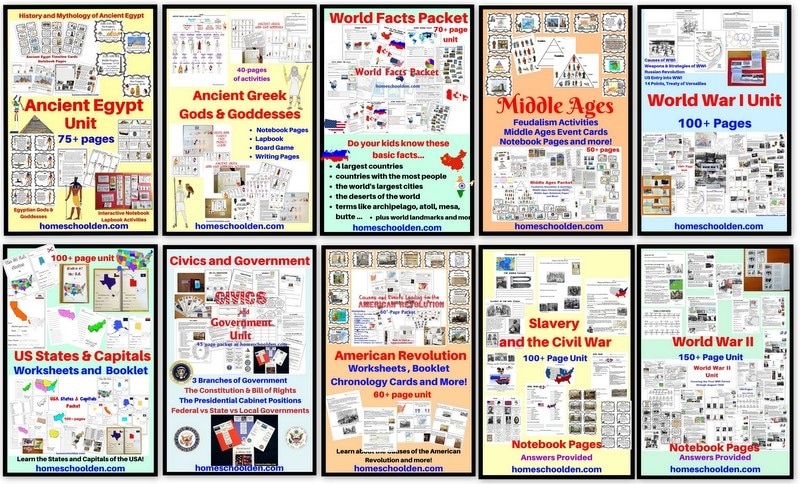
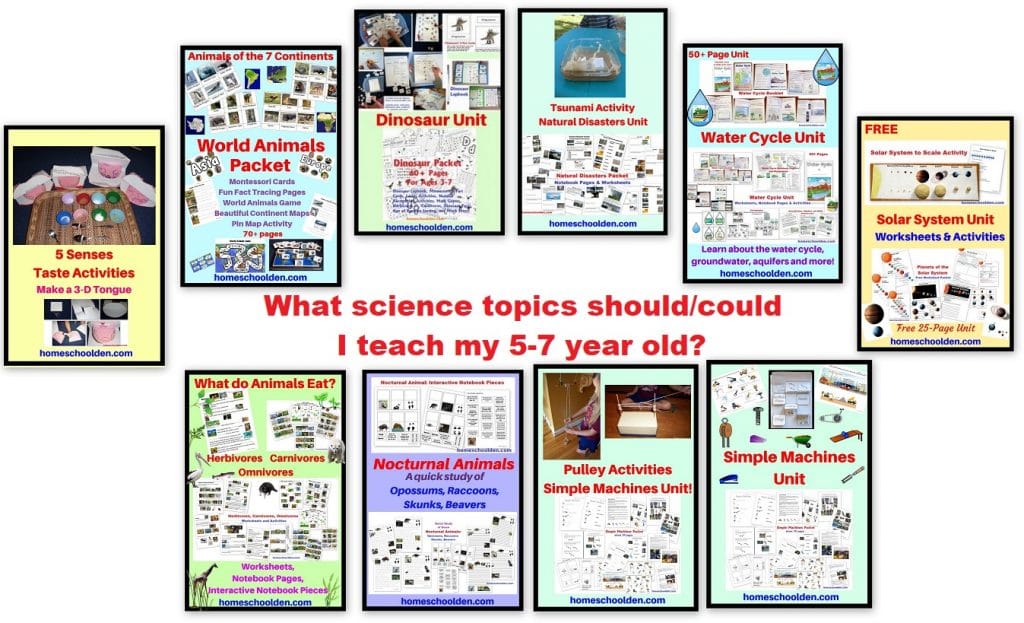

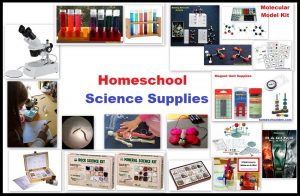
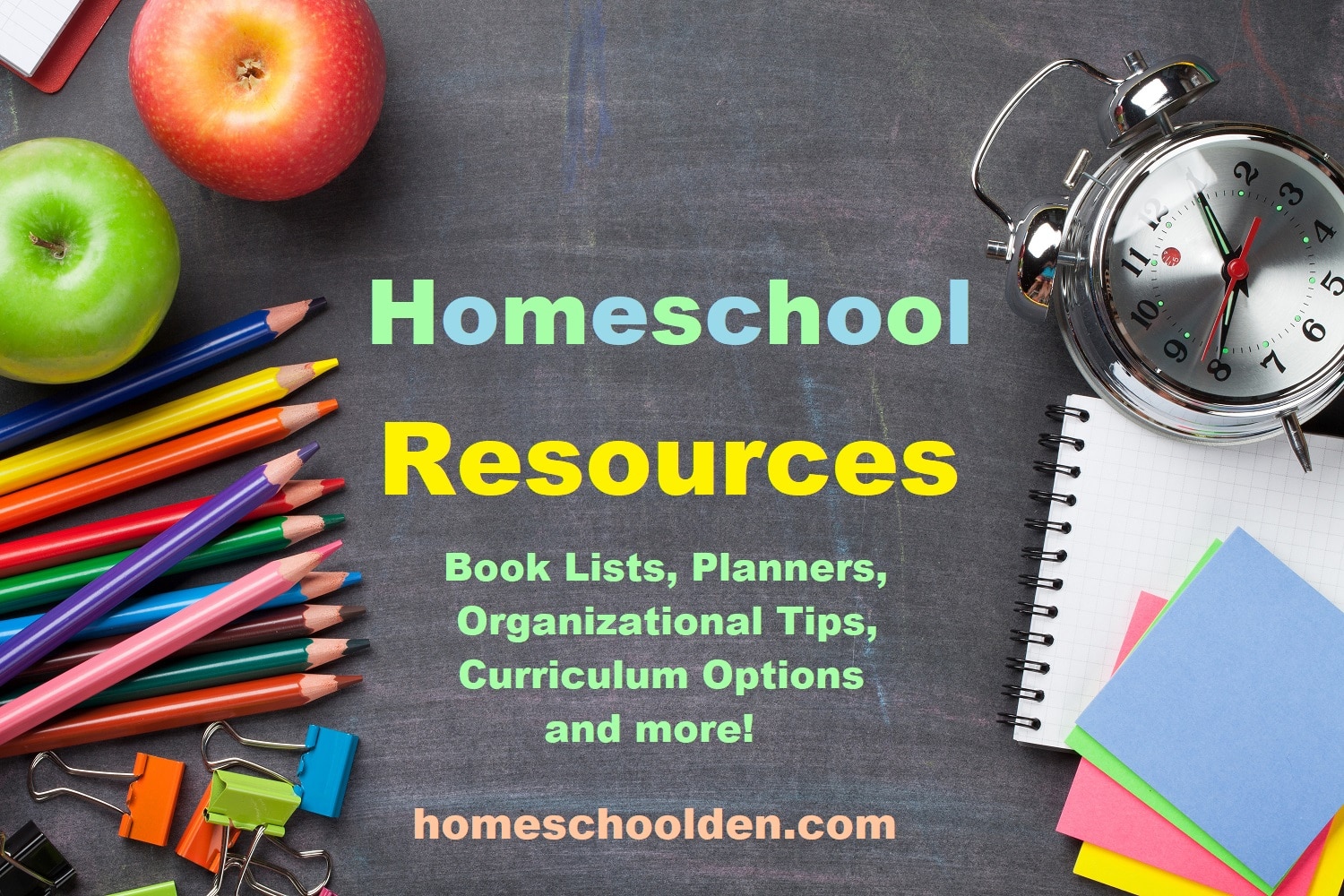

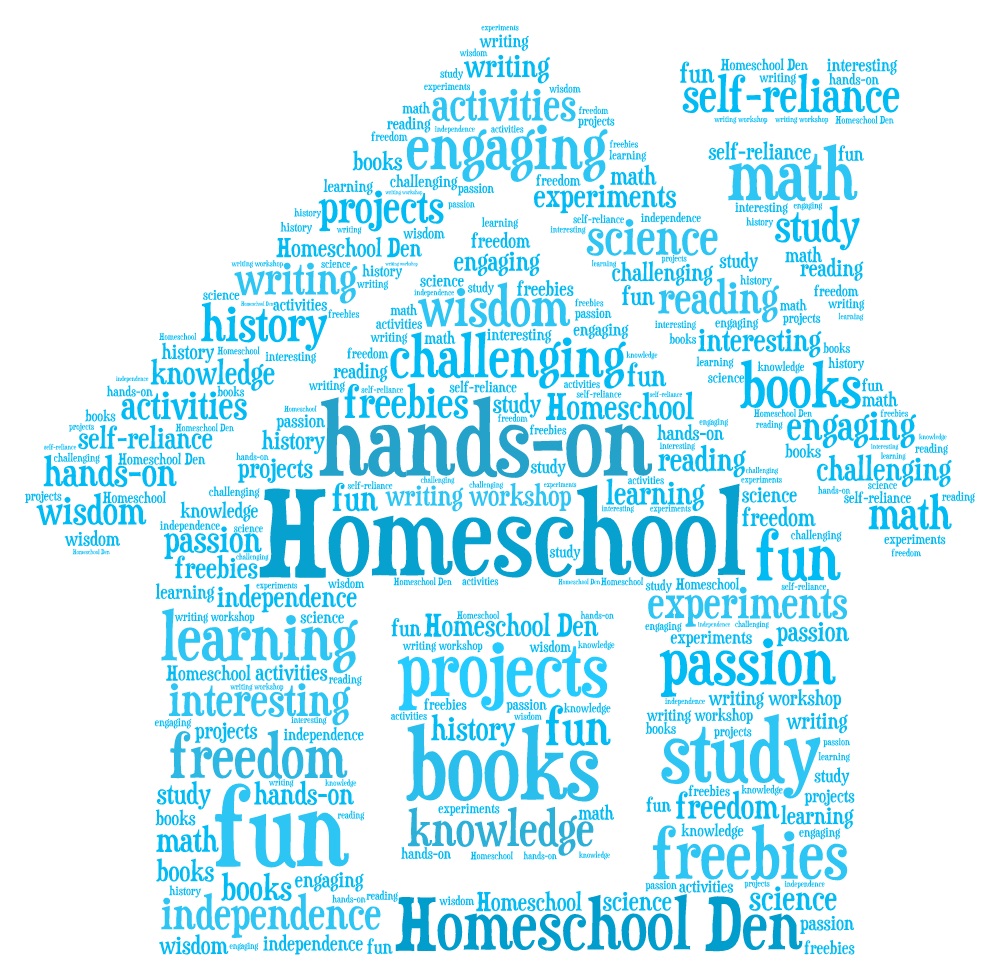

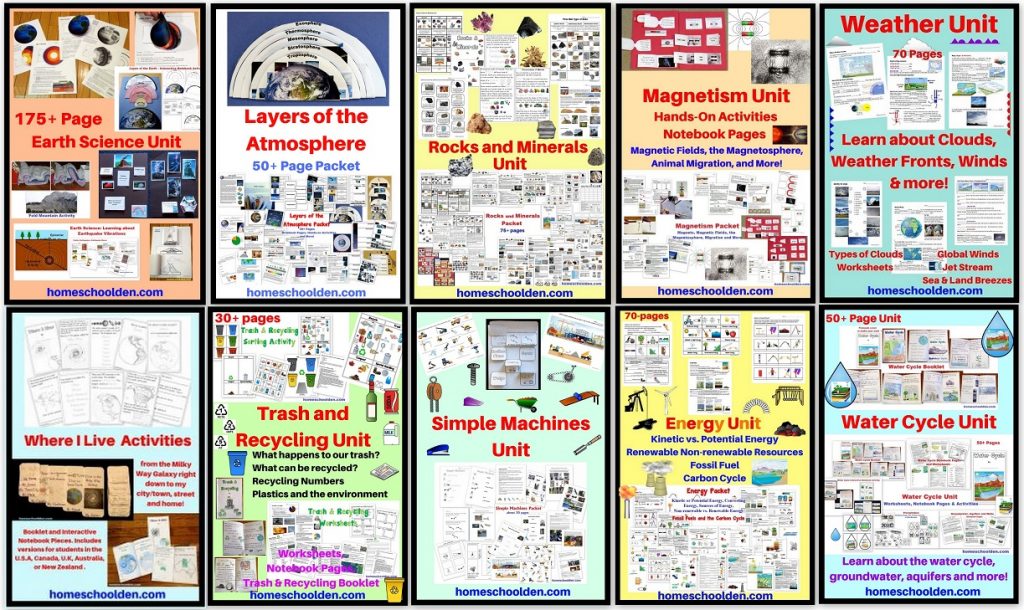

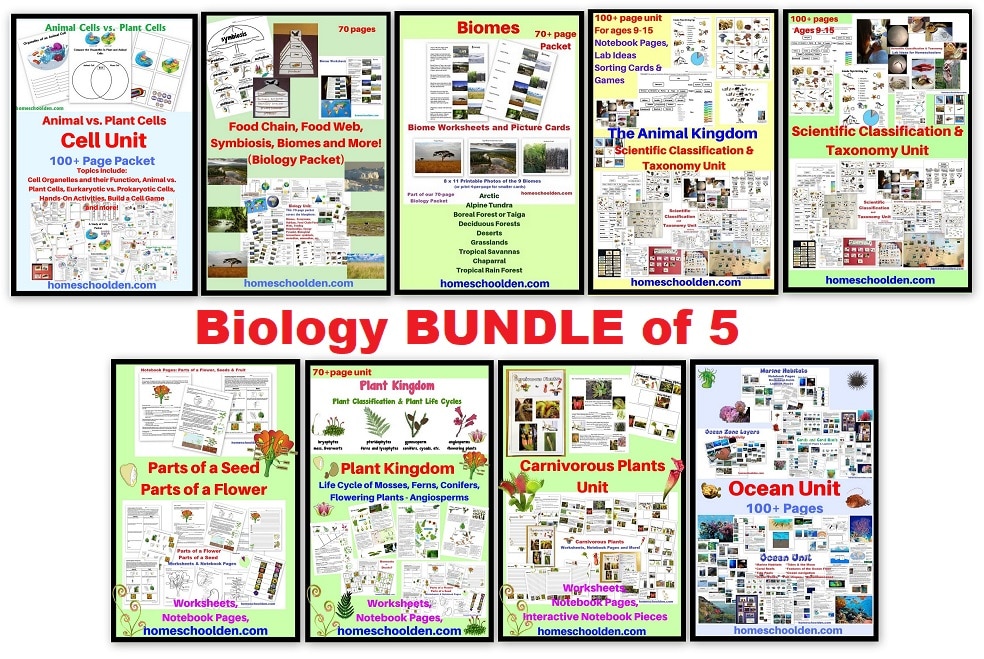
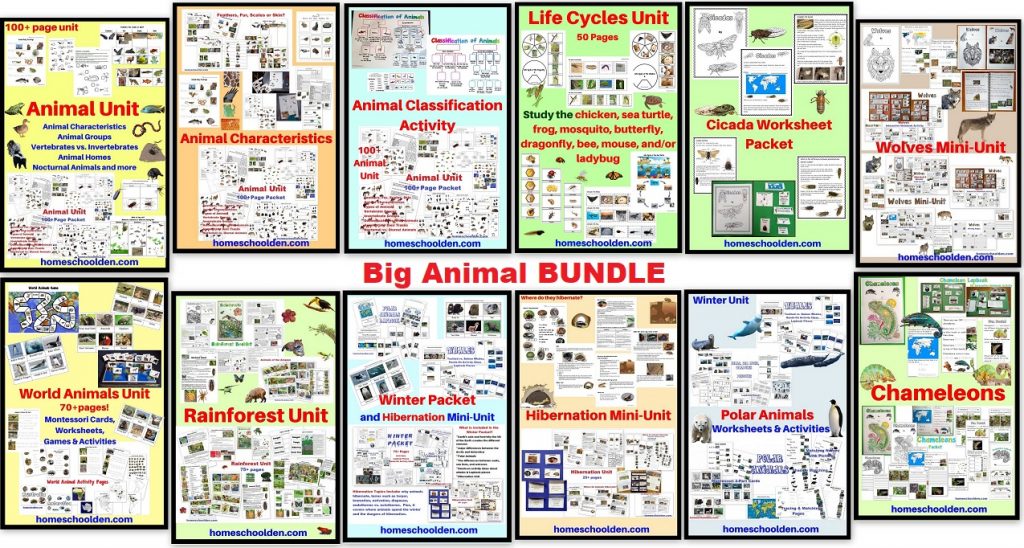




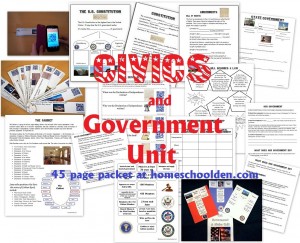
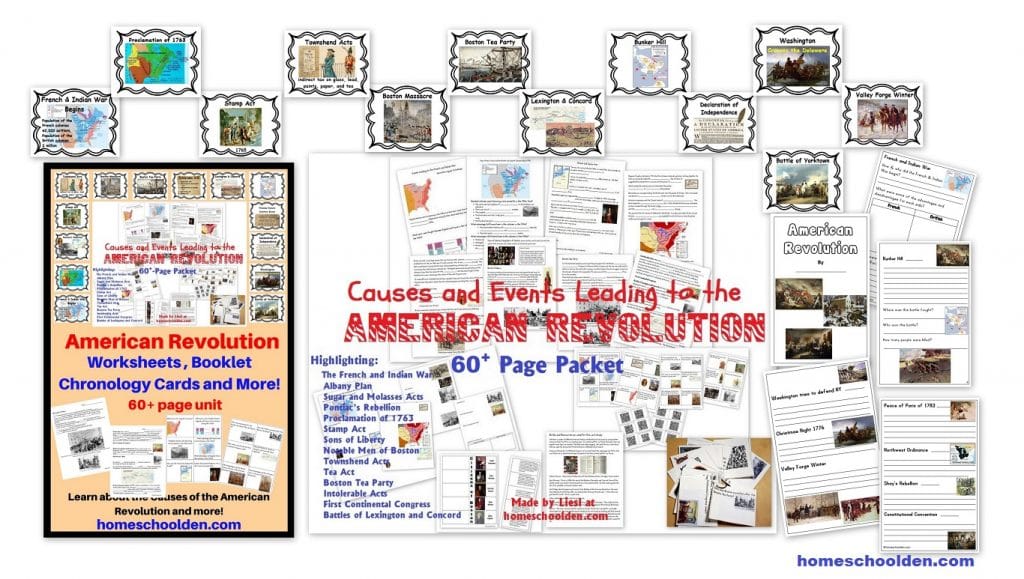


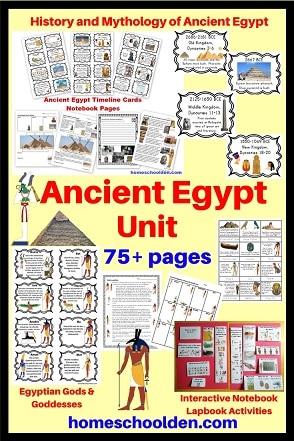
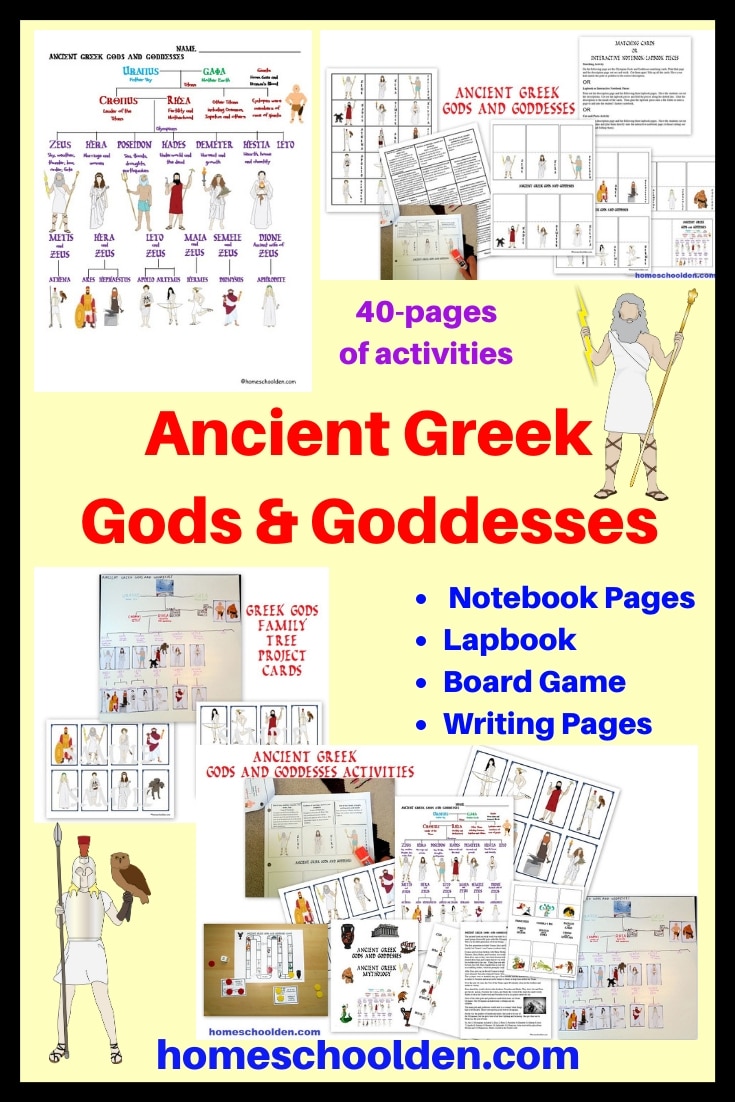



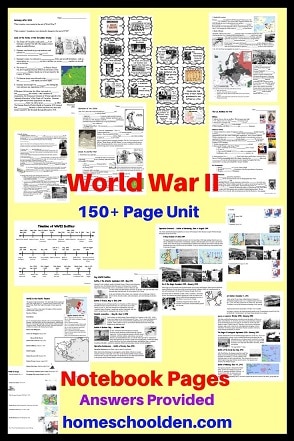
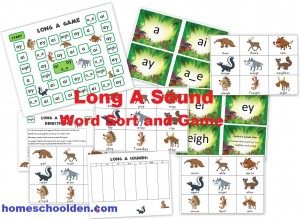
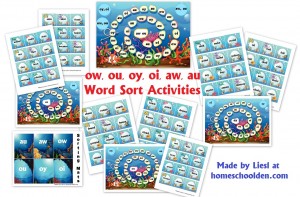
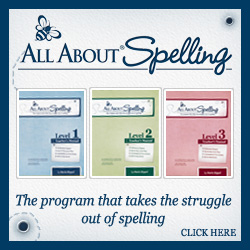
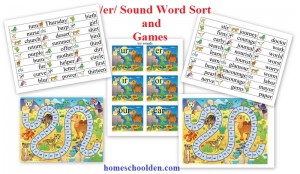
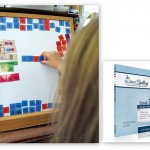
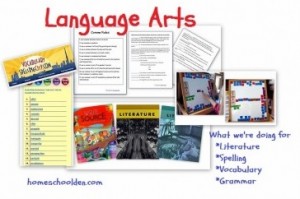
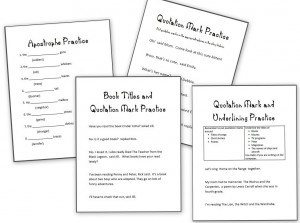

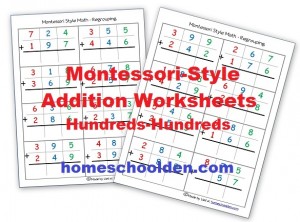
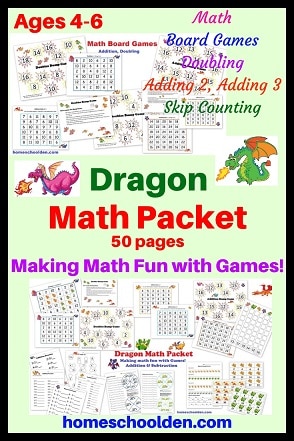
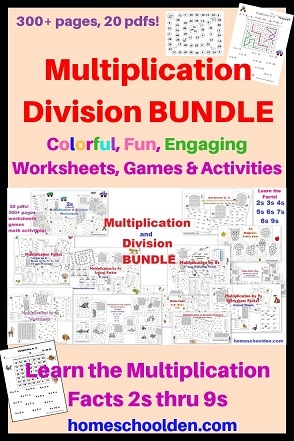
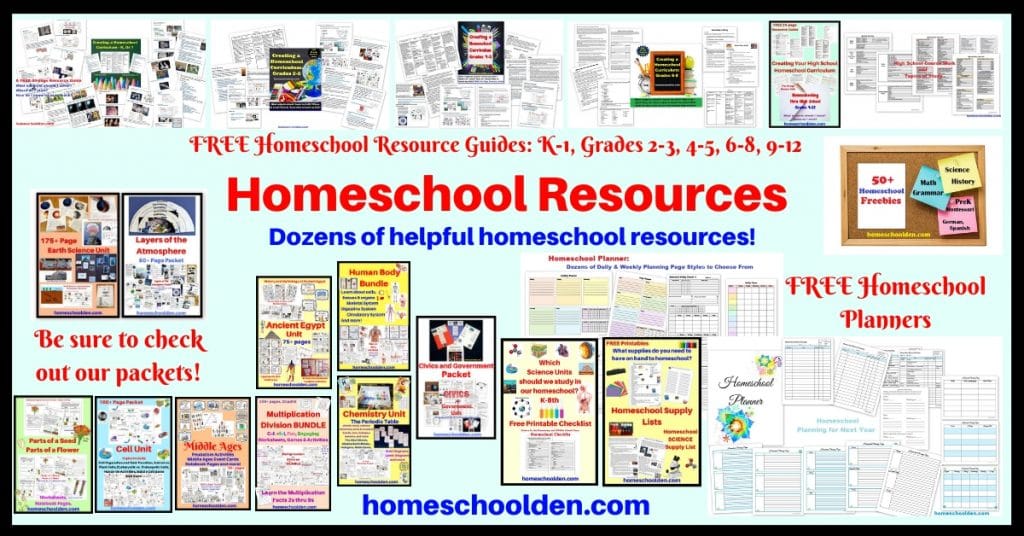
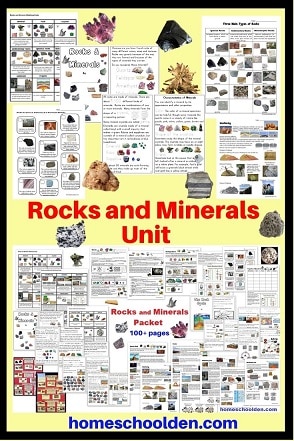

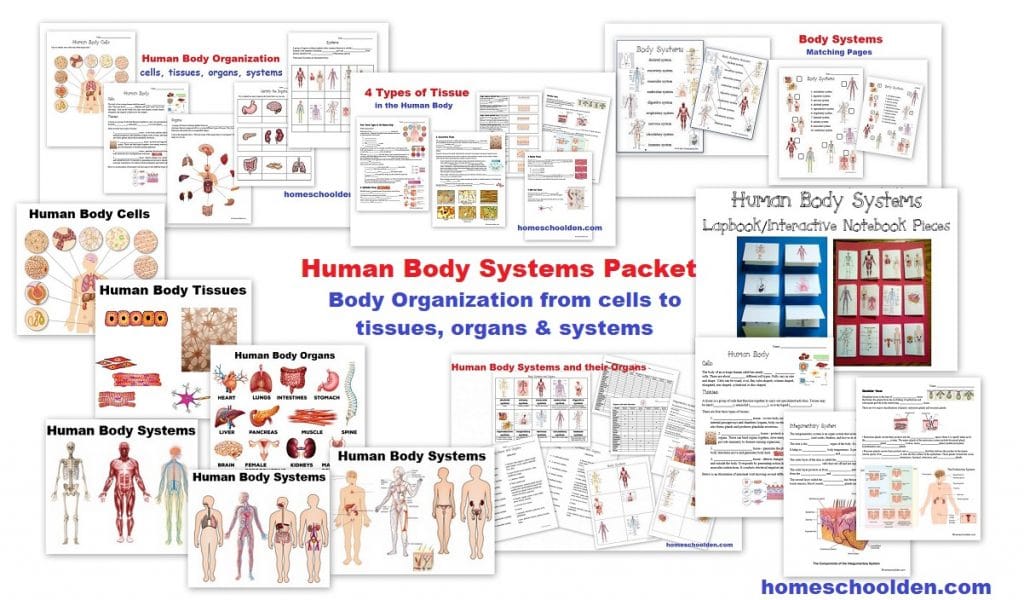
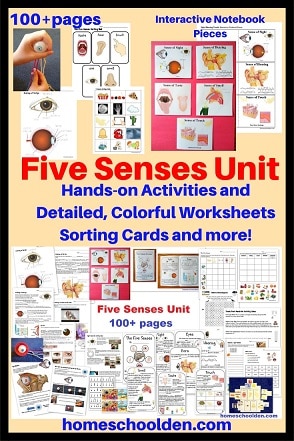
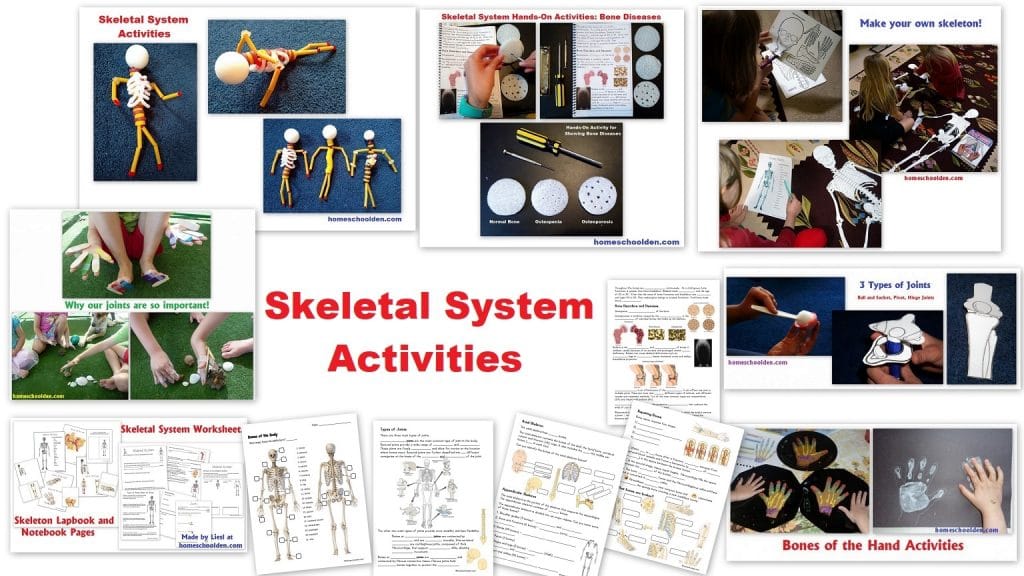
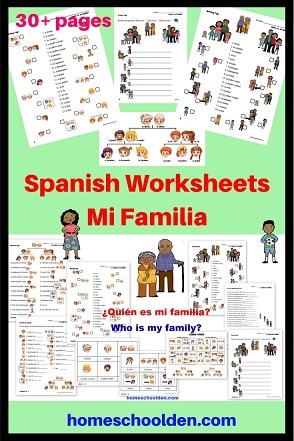
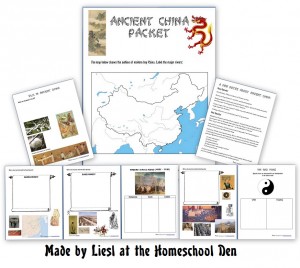
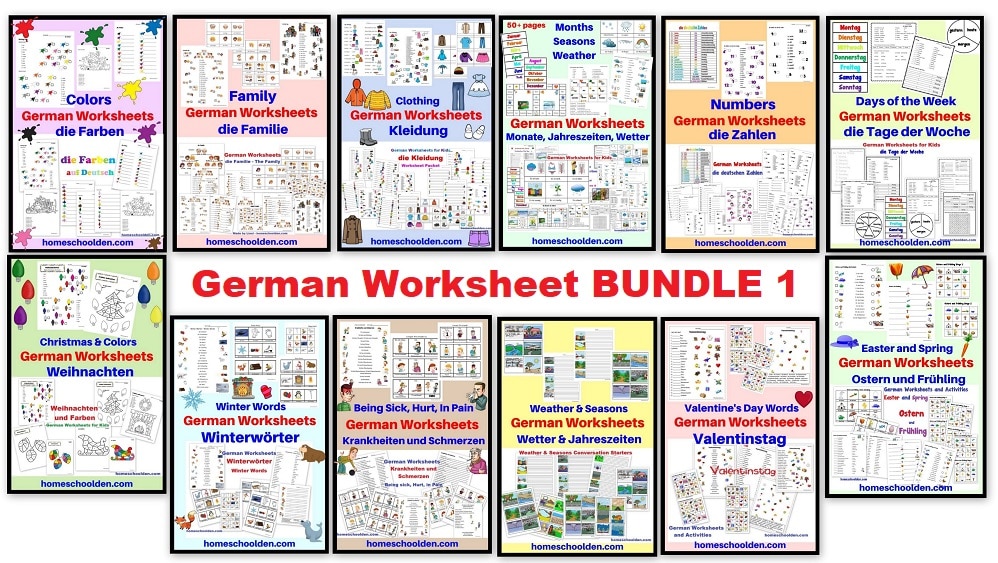
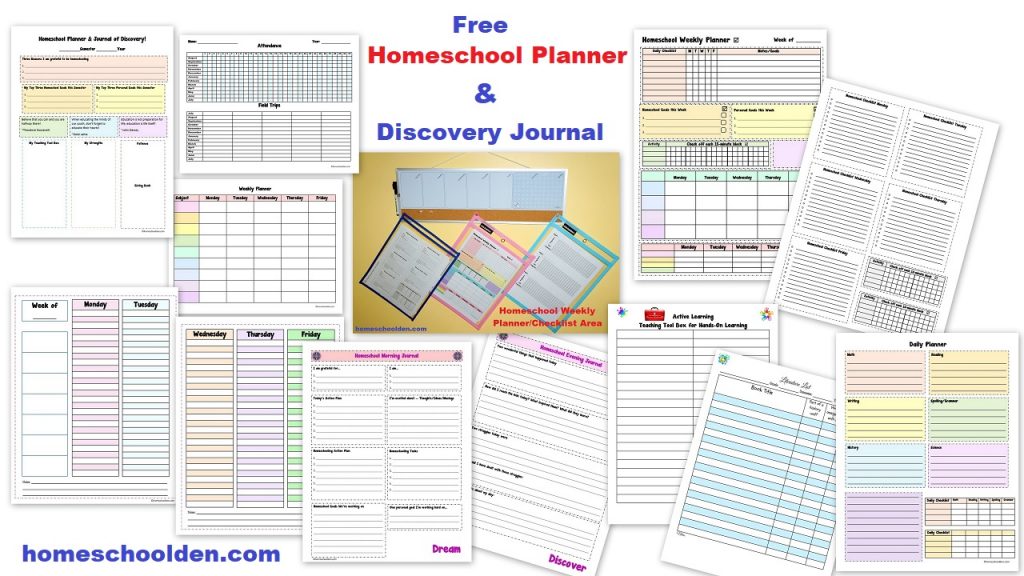
7 Responses
[…] An Interview with a Christian Classical Educator (Part 1) and (Part 2) […]
[…] An Interview with a Christian Classical Educator (Part 1) and (Part 2) […]
[…] An Interview with a Christian Classical Educator (Part 1) and (Part 2) […]
[…] is the end of the first part of my interview with Brandy. The second part of this interview focuses a bit more on their day-to-day homeschool lifestyle. Please join us tomorrow, Thursday […]
[…] is the end of the first part of my interview with Brandy. The second part of this interview focuses a bit more on their day-to-day homeschool lifestyle. Please join us tomorrow, Thursday […]
[…] Interview with a Classical Christian Educator: Part 1 and Part 2 by Parents Online Magazine (the interview is with Brandy Ferrell, author of Half-a-Hundred Acre […]
[…] Interview with a Classical Christian Educator: Part 1 and Part 2 by Parents Online Magazine (the interview is with Brandy Ferrell, author of Half-a-Hundred Acre […]